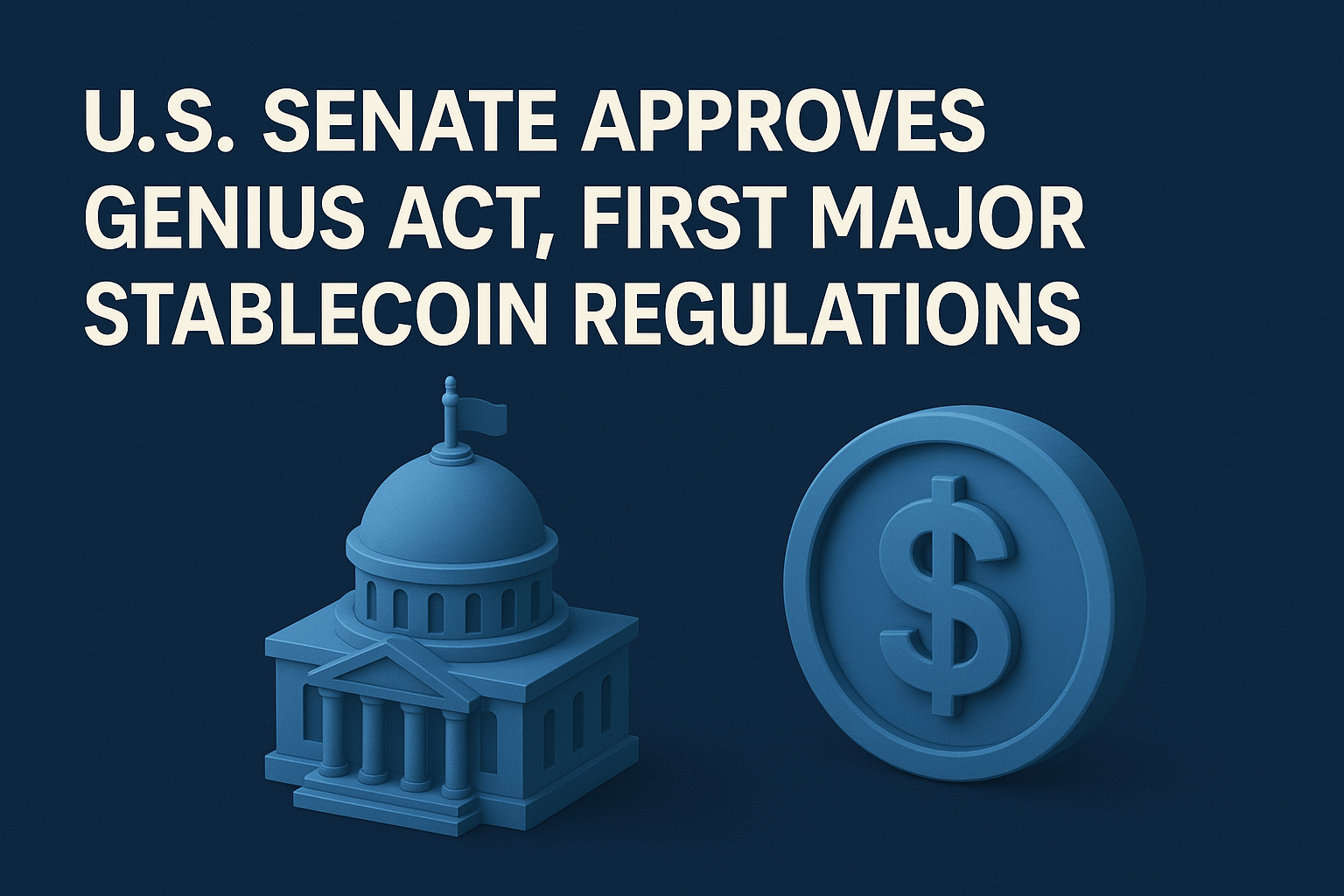Asia’s billionaires are moving away from the U.S. dollar, redirecting their investments toward Bitcoin, gold, and Chinese assets, according to UBS executive Amy Lo. Speaking at a Bloomberg event in Hong Kong, Lo emphasized that geopolitical tensions and market volatility are prompting this shift.
UBS, which manages $678 billion in Asian assets, is closely observing how the region’s wealthiest are reconfiguring their portfolios. The shift is particularly significant given the scale of Asia’s wealth management industry, projected to grow from $20.7 trillion in 2024 to $37 trillion by 2029.
Why Asia’s Rich Are Betting on Crypto and Gold
A 2024 Aspen Digital study indicates that 76% of Asia’s family offices and high-net-worth investors now hold digital assets, up from 58% in 2022. The percentage of portfolios allocated to crypto and gold has increased from less than 5% to over 15%.
- Singapore leads this transition, with 57% of wealthy investors planning to increase their crypto allocations in the next two years.
- Digital assets are gaining traction, resembling gold’s ascent during the 2008 financial crisis, as a hedge against economic instability.
Additionally, the recent diplomatic breakthrough on May 12, 2025, between the U.S. and China has reinvigorated interest in Chinese markets. The U.S. reduced tariffs from 145% to 30%, while China lowered its duties from 125% to 10%.
China’s Market Rebound and Investment Shifts
Morgan Stanley Private Wealth Asia has begun advocating for a diversified portfolio strategy:
- 40% fixed income
- 40% equities
- 15% alternatives (crypto and gold)
- 5% liquid assets
According to Christina Au-Yeung, head of investment management at Morgan Stanley, “We’re seeing strong new opportunities in China again,” particularly in sectors like technology, renewable energy, and consumer goods.
Institutional Adoption of Gold and Bitcoin
Gold prices have surged by 25% since January, offering both returns and portfolio stability. Bitcoin has also evolved from a speculative asset to a recognized digital store of value.
- Jay Jacobs, BlackRock’s Head of Thematics and Active ETFs, notes that more countries are diversifying away from U.S. dollar reserves toward gold and Bitcoin.
- IMF data shows the dollar’s share of global reserves has declined to 57.4%, while Asian central bank gold reserves increased by 23% since 2021.
Future Outlook: Will De-dollarization Continue?
With Asian billionaires increasing their exposure to crypto, gold, and Chinese assets, the region’s wealth management strategies appear to be undergoing a structural transformation. While the recent U.S.-China détente may stabilize global markets, the push toward alternative assets is likely to persist as investors seek diversified hedges against geopolitical risks.










